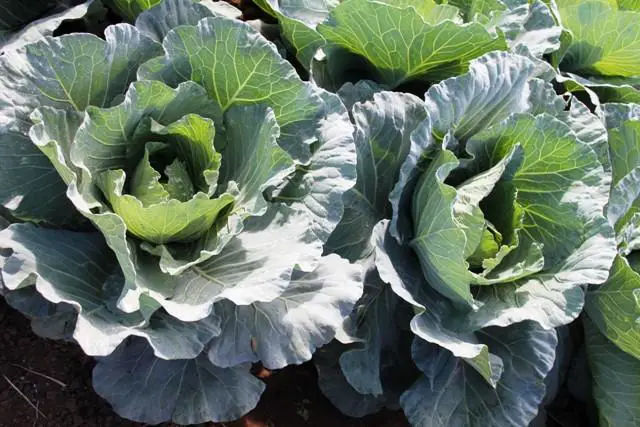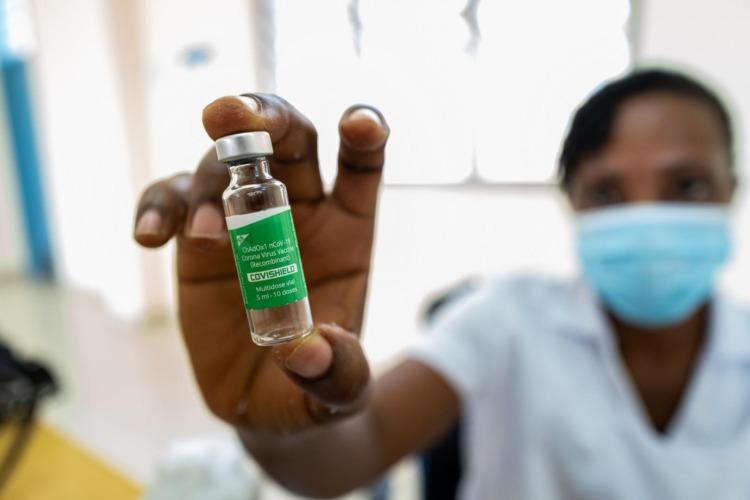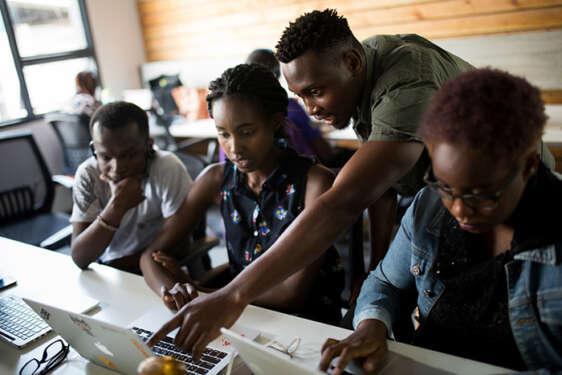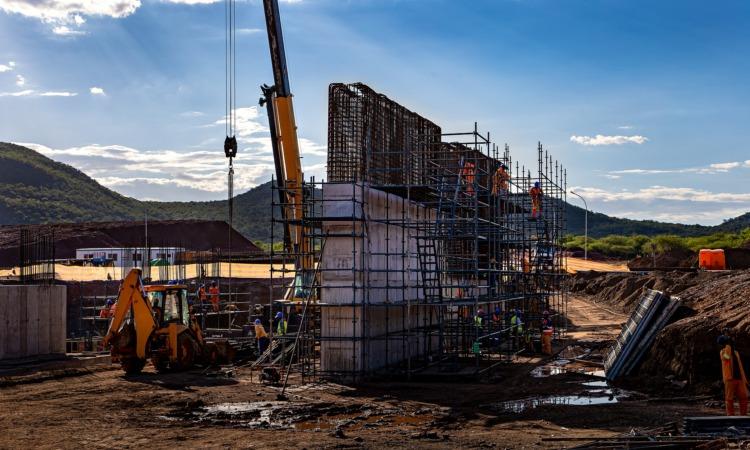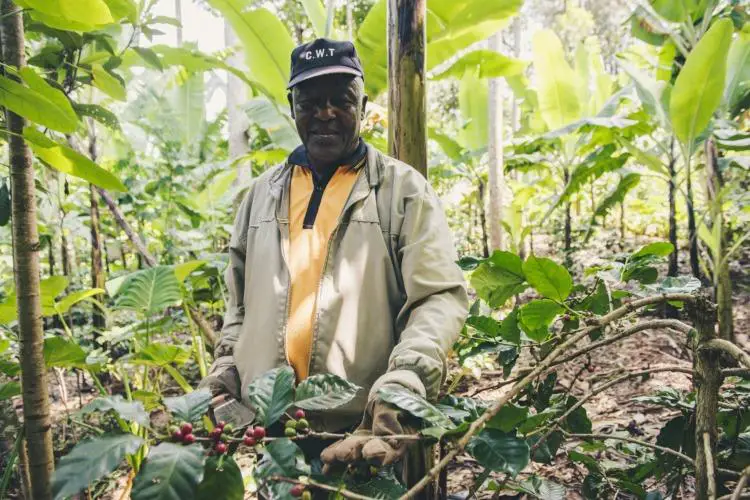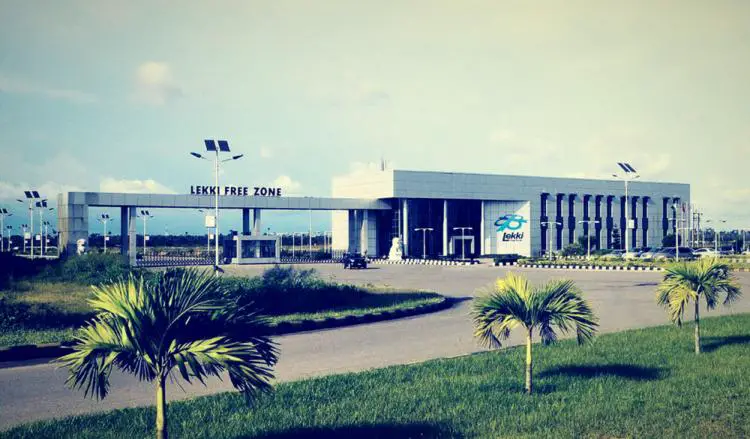- Youth Unemployment in Kenya: The Role of Vocational Training
- New $900,000 initiative aims to boost sustainable trade in Tanzania
- Organization of the Petroleum Exporting Countries’ (OPEC) pride in its African roots
- AIM Global Foundation pushes for stronger Gulf-Africa trade partnerships
- Investment opportunities in South Sudan’s emerging gold industry
- Family planning drive in Kenya gets 450,000 self-injectable contraceptive doses from UK
- AfDB commits $2 billion to revolutionise clean cooking in Africa, save forests
- The harsh realities of family laws for African women revealed
Browsing: premium
Africa remains one of the most vulnerable regions in regard to food security, and is under great pressure to solve the increasing need for food due to an explosive population growth. Despite that, one out of four undernourished people globally is coming from Africa. Sub-Saharan Africa (SSA) is paying the highest price for fertilizers in the world. The costs of fertilizers in SSA are roughly four times higher than in Europe, and the food security of African nations is greatly dependent on imported fertilizers. Even more concerning, the global price of fertilizers has been increasing during the crisis, such as the global food crisis affecting Africa – and even during the pandemic. How is it possible that the world’s most expensive fertilizers are sold in Sub-Saharan Africa, while the continent is suffering to feed her people? What needs to change?
No local production of fertilizers
The mineral fertilizer industry is …
Three countries in Africa are being considered for regional vaccine production, the World Bank International Finance Corporation has declared. The three states include South Africa, Senegal, and Rwanda where investment towards setting up vaccine production is at an advanced stage.
Why is this necessary now?
When Covid-19 struck the continent and governments rushed to bring in vaccines to manage the global health crisis, the roll out of vaccines within the continent was marred by delays, scarcity and uncertainties.
In Kenya for instance, when the first consignment came in, there was a wave of uncertainty that swept across the country especially because the government could not ascertain the availability of the second dose of the vaccine. However, 358,700 doses of the AstraZeneca-Oxford Covid-19 vaccine have just been received in Nairobi in a bid to help the government administer the vaccines to the population and manage the crisis.
Meanwhile Zimbabwe has run …
With almost 60 per cent of its people aged below 25 years, Africa is home to the world’s youngest population. This is an asset! It represents a huge workforce in waiting, one that must be nurtured and protected above and beyond.
According to Dr. Githinji Gitahi, Global Chief Executive Officer (GCEO), AMREF Health Africa, now more than ever, youth are actively dismantling barriers to development and social justice through innovation and accountability in a way that only young people can.
The challenges
AMREF’s recently launched Health Africa Global Youth and Adolescent Strategy 2021-2022 shows that young people in Africa remain disproportionately left behind in health and social development, including having a higher risk of HIV infection, experiencing early and unwanted pregnancies, higher risk of maternal deaths among adolescents, increased incidences of mental health illness, and increased barriers to health care access.
Even more crucial is the lack of information and …
Kenya’s Health Cabinet Secretary Mutahi Kagwe has recently signed a new cooperation agreement with Cuban Minister of Public Health, Dr. Jose Angel Portal Miranda. The agreement is expected to ensure that 101 Cuban specialists travel to Kenya as part of a medical exchange programme.
Kenya’s healthcare system was devolved into the county governments from the national one after the promulgation of the new constitution in August 2010. The country is now divided into 47 counties under 47 governors.
The process of devolution is one of the main pillars of this constitution, which partly means that the public decision-making process and a significant part of implementation fall under regional leadership. So when it comes to healthcare, the county governors are essentially responsible for decision-making as well as controlling resources within their county jurisdictions with regard to the health sector.
What’s ailing Kenya’s healthcare system?
A report by Africa Health Business shows …
Is China is fueling Africa’s economy? That could be a question with so many angles to explore – such as – is it worth it for Africa to accept humongous loans from the industrial giant amid her journey to prosperity while opening doors for her nations to invest and heavily mark China’s ingenuity across continent-wide African infrastructure?
China, one of the world’s top economies provides eight types of foreign aid: complete projects, goods and materials, technical cooperation, human resource development cooperation, medical assistance, emergency humanitarian aid, volunteer programs, and debt relief (Brookings).
The World Bank has been ousted by China as the world’s largest bilateral creditor, making China the largest single country creditor on Planet Earth (The African Report, 2021).
In a larger context, Africa is now heavily being catered for financially by China. According to a report by The African Report, which cited data from China-Africa Initiative, between the …
What if I told you the real GDP in Africa which is projected by African Development Bank (AfDB) to grow by 3.4 per cent in 2021, could be not as effective in measuring the actual progress of the youngest continent on the planet?
The Gross Domestic Product (GDP) a measure of economic growth was developed by an American, Simon Kuznets in 1934 in the modern concept; however, its original concept emerged in Europe between 1654 and 1676, which was a gruesome period for Africa, driven into the onset of the trans-Atlantic slave trade which ended in the 19th century.
Several discussion panels have taken a keen interest in finding out the drawbacks of GDP, including one led by Nobel economist Joseph Stiglitz (commissioned by former French President Nicolas Sarkozy) that found the measure had serious holes, saying “it is time to replace gross domestic product with real metrics of well-being …
Despite significant risks related to foreign investment in 2021, some indicators point to a potential return of FDI to pre-Covid-19 levels by 2022.
Although the overall value of planned project finance and green-field investments fell considerably, a few large deals announced in 2020 signal that foreign investors are engaged despite the unfavourable investment climate…
Blood donation has fallen significantly in the African continent in the wake of the COVID-19 pandemic causing widespread disruptions to key health services, lives and livelihoods. This is according to a report by the World Health Organisation (WHO).
An analysis by WHO found that the frequency of blood drives in the African region has dropped by 25 per cent and demand for blood declined by 13 per cent, with the suspension of routine surgeries in some countries and fewer people seeking care in health facilities. Around seven million people in the region need blood transfusions every year.
Just half of the blood needed for transfusion each year in Africa is collected, leaving many facing life-threatening shortages. The pandemic has further worsened the shortfall, with donations dropping by 17 per cent over the past year according to the WHO.
Also read; Boost for Kenya’s blood bank as new system is launched
…I am by nature an optimist. A long and challenging life has tempered that optimism with a large dose of realism but I am definitely a “glass half-full” kind of man. As a regular contributor to The Exchange I don’t really want to blame another contributor for tipping me over the edge into downright pessimism but, having read the excellent piece by Eric Kimunguyi entitled, “Europe taking on the world to lock out agriculture” I am not of good heart. In fact, I cannot remember a time when I have been less optimistic about the financial future of the world economy.
The world financial system is even sicker than the world’s population. The Covid-19 pandemic is still having devastating effects on human health and wealth around the world – some 18 months after it first appeared. The world’s leading economies are broken and are still printing money to subsidise their …
Noteworthy is that the depreciation of local currency causes an upward revaluation of a country’s debt and also makes debt service in the foreign currency more expensive.
“This currency-mismatch exposure explains a significant portion of the deteriorating debt dynamics shown by the decomposition analysis. Covid–19 has caused recent sharp swings in currency valuations for many countries, especially oil-exporting economies. The outlook for the debt ratios in these countries is expected to worsen simply because of the depreciation of their currencies. This issue would be less severe for countries that rely more on the domestic capital market for borrowing and on concessional debt with low-interest rates,” notes the report. …





